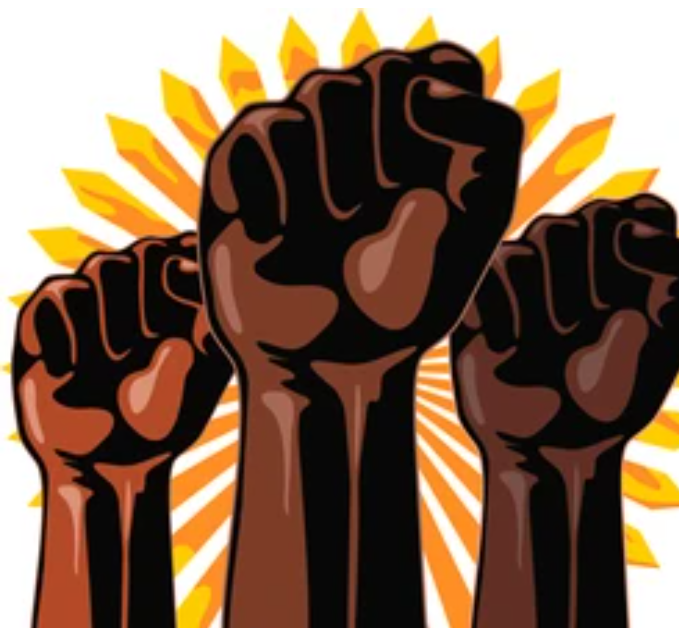Today, the average white family has (10) times the amount of wealth compared to the average Black family. White college graduates have over (7) times more wealth.
The African Holocaust “Great Maafa” is well documented and established in our historical journey towards freedom and self-determination. Our brilliant Black historians have also established the effects of the post-traumatic slavery syndrome and the psychological bondage that we face and endure as a people today. If Black people can’t feel the pain of our ancestors of the past, we should at least be able to relate to our suffering today and how slavery has attributed to that suffering.
Dr. Asa Hilliard explains that “Mental Bondage” is invisible violence. The person who is in mental bondage will be self-contained. Not only will that person fail to challenge beliefs and patterns of thought which control him, but he will also defend and protect those beliefs and patterns of thought within his last dying effort.
The protracted and extensive atrocities of slavery have had a lingering effect, and the pain of times past continues to call out from the genetic memories of those whose ancestors survived. As cruel and painful as slavery was, it could be exceeded only by a worse form of slavery. The slavery that captures the mind and imprisons the motivation, perception, aspiration, and identity in a web of negative images of self-destruction is crueler than the shackles on the wrist and ankles.
Dr. Naim Akbar teaches us that “the chattel slavery of Africans in America for over (350) years serves as one of the saddest commentaries on man’s inhumanity to man.”
It’s no longer a question of whether Black people in America and throughout the diaspora should be granted reparations for the tortuous and murdering treatment our people received. It is no longer a question of whether Black people were forced to build beautiful nations and economic foundations for (not only) the United States; but also for Portugal, Spain, France, England, and Canada.
The level of cruelty during slavery is incomparable to anything recorded in modern history.
Let us look at the definition of reparations.
Reparations for African people in the U.S. is commonly meant to be “the demand for the United States slaves and their descendants from the government of the United States of America and its individual white men, women and children, and their heirs. Following in interest, inheritance, use of benefits through succession, for payment and return for restoring and taking back, for damages, hurt, injury, losses, and other wrongs in forms of money, goods, services, land treaty, tax exemptions, releasing Black political prisoner’s technological transfers, meaningful education, and formal apologies.”
The key word is repair, and this type of repair must come through compensation, restitution, or payment in money or land.
The history of our demands for reparations, including the white man’s broken promises, is deeply rooted in the annals of our struggle for freedom and independence. After the U.S. Civil War ended, the special field order (#15) was issued by racist General William T. Sherman of the Union Army. This issue took place in Savannah, Georgia, on January 16, 1865. The order reserved over 7,600 square miles for Black settlement and also the guarantee of U.S. military protection.
Certain Black leaders met with Sherman and the Secretary of War, Edwin M. Stanton, to discuss our demands for compensation.
Dr. Conrad Worill says, “When we talk about reparations, we are talking about the damages, compensations, and redress of all wrongs so that the countries and the people that suffered will enjoy full freedom to continue their development on more equal terms.”
After the meeting took place and the order was issued, areas of the sea, islands, coasta, …
Thank you for reading Khabyr Hadas article on scoopnewsusa.com. For more on “The Black Reparations Movement Fundamental Notes (Pt 1)”, please subscribe to SCOOP USA Media. Print subscriptions are $75 and online subscriptions (Print, Digital, and VIZION) are $90. (52 weeks / 1 year).


